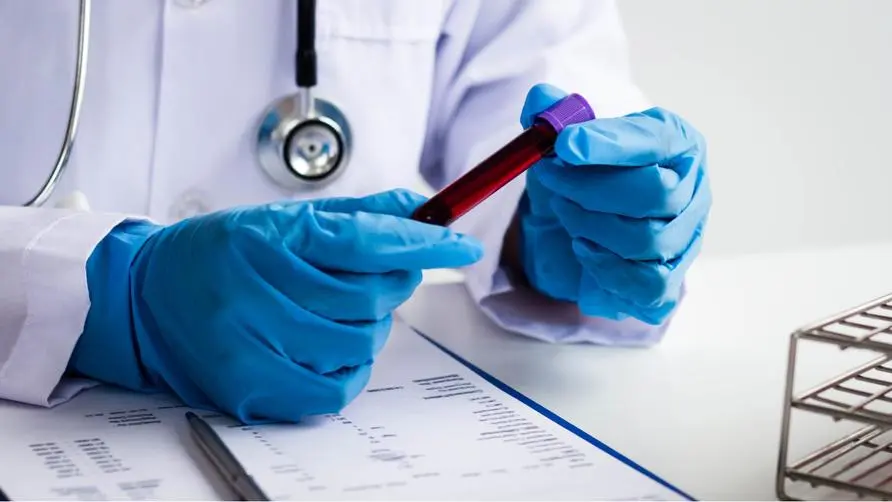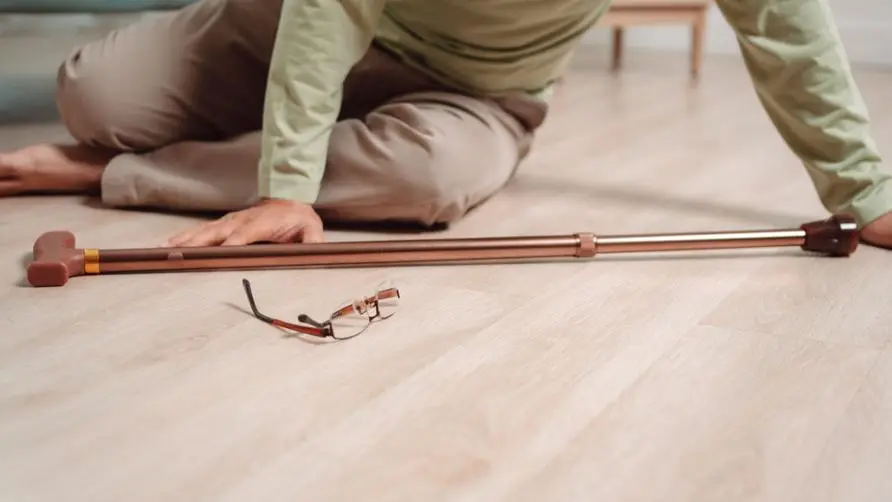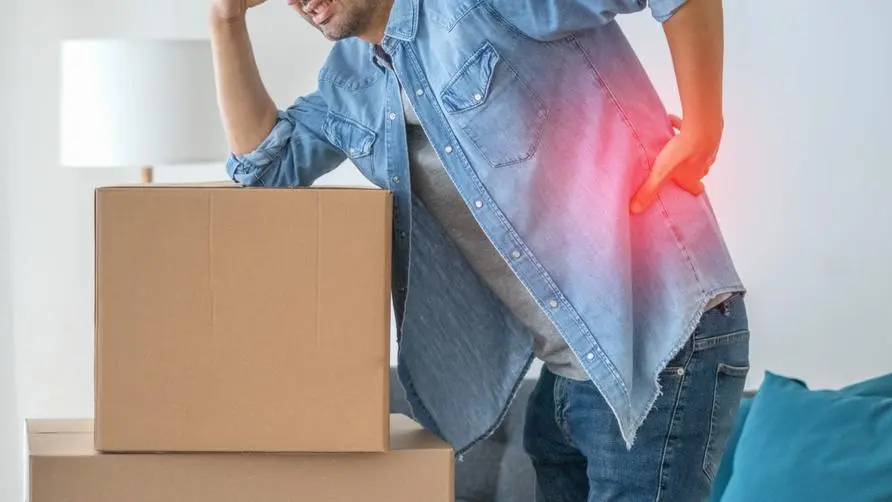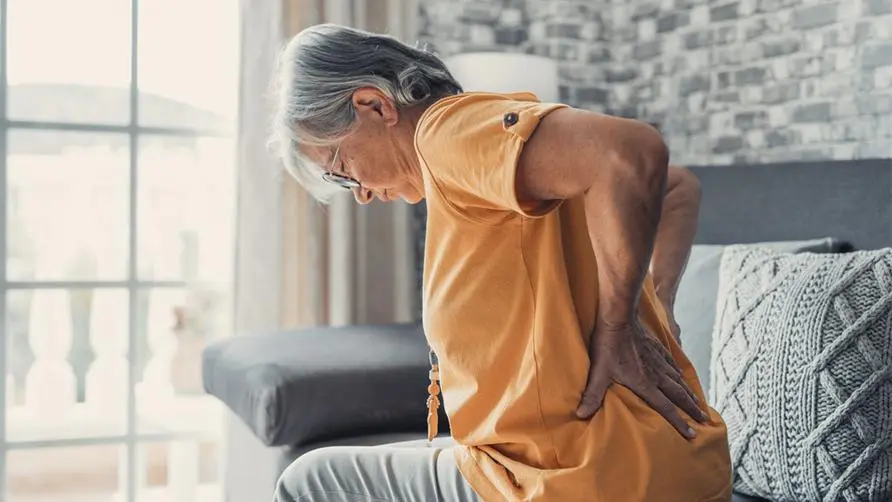The elderly are prone to insufficient "bone density". Experts call for early adoption of "five major measures" to maintain bone health.
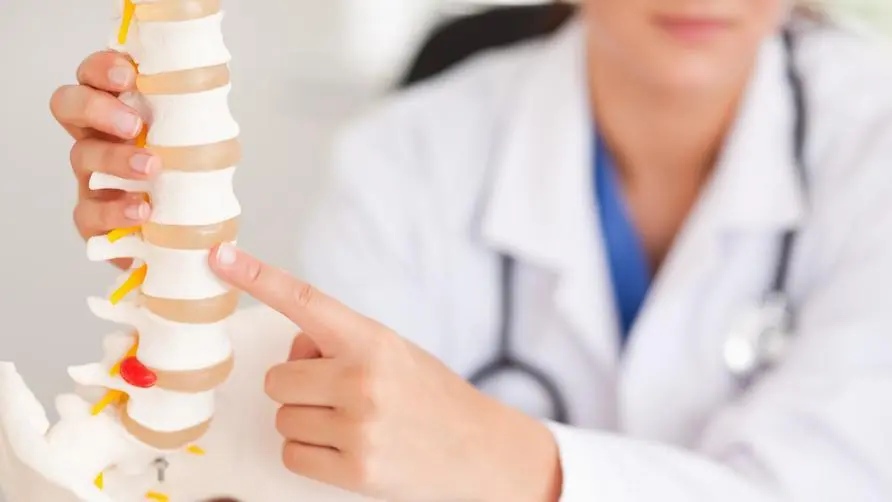
How important is it to have healthy bones? Academic circles have previously confirmed that a strong bone structure can protect important organs such as the brain and heart from damage, and can also store minerals such as calcium and phosphorus, helping to maintain the basic functions of the body. However, the human body’s bone density reaches its peak around the age of 20-25 and will continue to lose thereafter, leading to an increased risk of osteoporosis, fractures and other diseases in later life, and postmenopausal people are more susceptible to bone loss.
Therefore, before entering middle-age and old age, changing your lifestyle, eating habits, or exercising can help increase bone density, thereby making your bones stronger. Jenna Hope, a nutritionist at the University of Surrey in the UK, said that people can ensure the health of their bone structure through the following five measures:
1. Use weight training.
Hope said that strength training not only builds muscles, but also helps the growth of new bones and maintains the integrity of existing bone structures. A previous study published in the Journal of Postgraduate Medicine found that postmenopausal women who underwent a 12-month weight training program had higher bone density in their spine and hips. This area is often susceptible to osteoporosis.
2. Take vitamin C.
Vitamin C is widely found in vegetables and fruits. If you eat more than 5 servings of fruits and vegetables every day, you can reach the recommended daily intake of vitamin C (40 mg). Hope points out that foods rich in vitamin C include citrus fruits, peppers, strawberries, kiwis, broccoli and potatoes.
3. Add more calcium.
Calcium is the most important nutrient in bones, helping to enhance bone strength and strength. However, Hope also emphasized that without appropriate supplementation of vitamin D and vitamin K to act as carriers, the calcium in the bones will not be able to work effectively. It is recommended to supplement with more than 10 micrograms of vitamin D a day and ensure adequate sunlight exposure; vitamin K is commonly found in green vegetables and soy products. Taking the three at the same time is crucial for bone health.
4. Avoid low heat.
Too many calories can cause obesity, and too little calorie intake is still too much. Hope said that extreme dietary methods such as dieting and fasting will increase the risk of bone fragility. In addition, too few calories may cause an individual to be underweight and increase the risk of bone disease. Therefore, you should take in a variety of nutrients on a daily basis to avoid excessive weight fluctuations, which may increase the chance of bone loss or fractures.
5. Eat more protein.
Hope recommends that elderly people over 65 years old can strengthen their bones by consuming high-quality protein and combining it with regular strength training. Studies have pointed out that elderly people who consume protein and exercise can significantly reduce potential risks such as falls and fractures. Complete and high-quality protein such as lean meat, fish, and eggs. Vegans can also consume plant-based protein such as beans, nuts, seeds, whole grains, and soy products.
Overall, Hope points out that ensuring a healthy, energy- and nutrient-dense diet, coupled with exercise measures such as weight training, is key to preventing rapid loss of bone density. If preventive measures can be taken early, the risk of bone disease in old age may also be significantly reduced. It is recommended that the public should still pay attention to a balanced diet and exercise regularly to maintain basic bone health during the epidemic.
Source:
Further reading:
